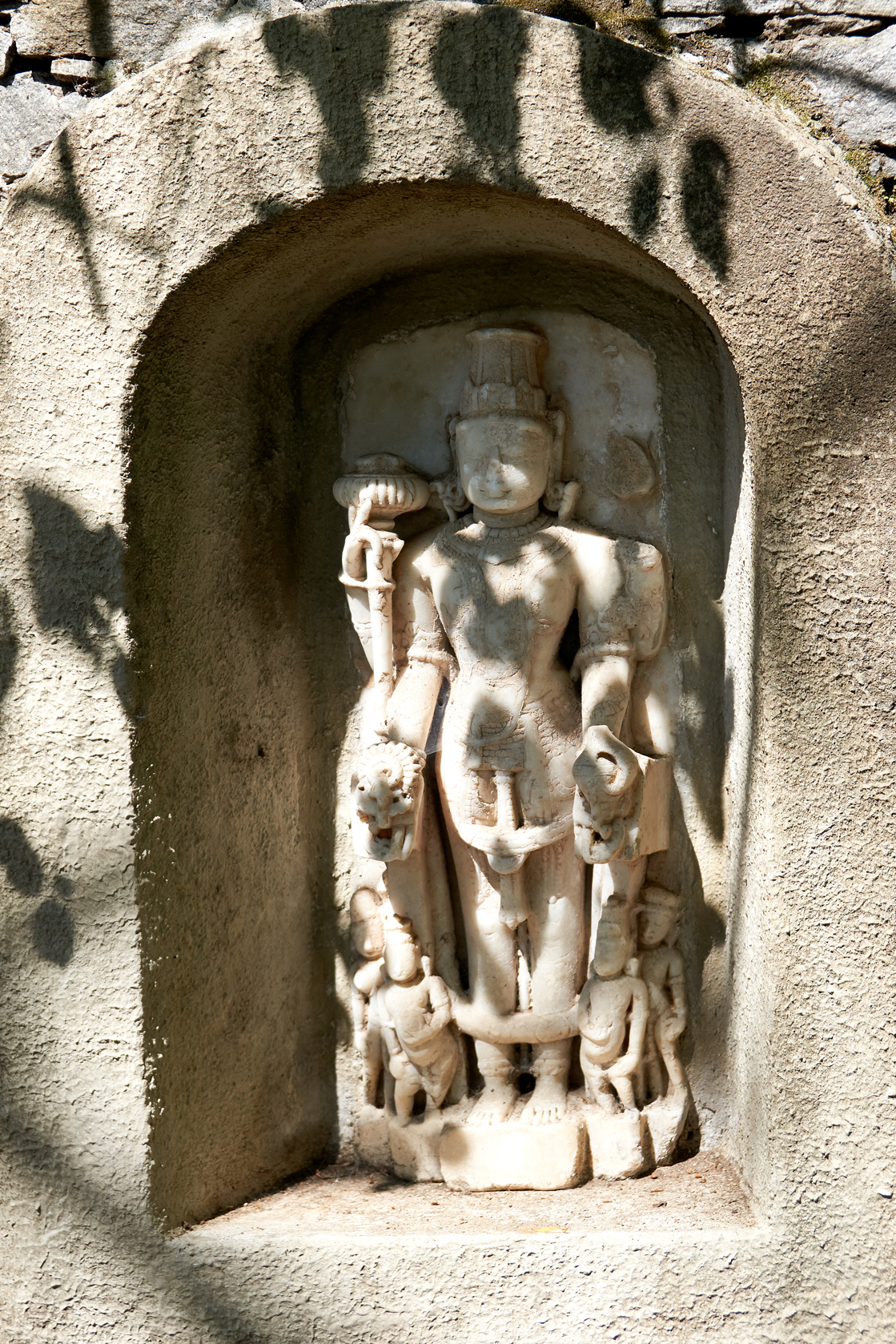
ITA ENG


On Cancel Culture. From Judging to Lynching: Repressions and Discriminations in the Name of Morality
EJL2022-07

Lecture: The Court of the Present and Forgetful Time. Logics of Cancel Culture
Lecturer: Fabio Merlini (Eranos Foundation, Ascona and SFUVET, Lugano)
Cycle: Eranos-Jung Lectures: On Cancel Culture. From Judging to Lynching: Repressions and Discriminations in the Name of Morality
Date: December 16, 2022, 6:30 p.m.
Place: Collegio Papio, Ascona
Chairman: Sandro Rusconi (Eranos Foundation, Ascona)
Discussion
Refreshment and meeting with the lecturer
The recording of the conference can be viewed on the official YouTube channel of the Eranos Foundation.
Introduction
A culture is born and affirms itself always also from a selective operation of particular contents; from a certain operation of assimilation, rejection, remodulation of previous or coeval cultures: it takes and drops. Also, obviously in relation to the hegemonic forces of which it is eventually the expression. Today, a fierce variant of this logic of "take and leave" is represented by the so-called "cancel culture". It is a culture that, in its most intransigent expressions, seems to have a problem with the cultural past from which it comes: it sees it as a troubling set of inadequacies, of discriminations or injustices according to the yardstick of its own moral standards. A tribunal of memory determined to amend history, freeing it from its sins. In this, cancel culture is a coherent expression of that satisfied and self-referential present, for which past history is always and only a faded, lacking and reprehensible image of oneself. It is a culture that feeds on culprits towards whom to exercise its censure; a culture of sanction. There are cases in which all this is certainly justified, when, for example, the denunciation and sanction is aimed at the present of unacceptable behavior, in open violation of respectful rules that do not harm the dignity of others. Where, however, the question of the modalities through which denunciation and sanction are expressed always remains open. Especially when the system of communication, as happens today, offers tools for taking immediate word, uncontrollable in its effects. When, however, denunciation and sanction are addressed to the cultures of the past, the matter becomes even more complicated. For the risk here is the neutralization of the entire culture, an attempt to wipe the slate clean. Perhaps the inability to bend down with a reflective thought on the contradictions and the very complexity of life; the unwillingness to dialogue, to critical judgment, capable of evaluating and discriminating within the same situation.A regressive tendency not to grasp the chiaroscuro, the nuances. The index of a profound fragility. Finally, a new form of ignorance.
Lecturer's Biobibliography
Fabio Merlini, Regional Director of the Swiss Federal University for Vocational Education and Training (SFUVET) in Lugano, Switlerland, serves since 2010 as the President of the Eranos Foundation. From 2012 to 2019, he has served as President of the Cultural Commission of the Canton of Ticino. In 1998, he was nominated privat-docent at the Université de Lausanne, Switzerland, where he taught Philosophy of Culture. Subsequently, from 1999 to 2003, he taught Systemic Philosophy and was appointed Professor of Epistemology of the Human Sciences at the Université de Lausanne. In 2003, he was nominated adjunct Professor of Communication Ethics at the Università degli Studi dell’Insubria in Varese, Italy, where he taught until 2011. From 1996 to 2000, he co-directed the "Groupe de Recherche sur l’Ontologie de l’Histoire" at the Hussler Archives of the École Normale Supérieure in Paris, whose seminar works, Après la fin de l’histoire (1998), Historicité et spatialité (2001), and Une histoire de l’avenir (2004), were published by J. Vrin. His publications include Miseria dell’ecologia. Una risposta territoriale ai conflitti dello sviluppo (with C. Del Don and L. Bonoli, 2004), La comunicazione interrotta. Etica e politica nel tempo della “rete” (2004), L’efficienza insignificante. Saggio sul disorientamento (2009, translated into French as L’époque de la performance insignifiante. Réflexions sur la vie désorientée, 2011), Schizotopies : Essai sur l’espace de la mobilisation (2013, translated into Italian as Ubicumque. Saggio sul tempo e lo spazio della mobilitazione, 2015), L’architettura inefficiente (with L. Snozzi, 2014, translated into French as L’architecture inefficiente, 2016), Catastrofi dell’immediatezza (with S. Tagliagambe, 2016), and Triste esthétique. Essais sur les catastrophes de l’immédiateté (2018, published also in Italian as L’estetica triste. Seduzione e ipocrisia dell'innovazione, 2019). He also served as editor of the volumes Nuove tecnologie e nuove sensibilità. Comunicazione, identità, formazione (2005), Identità e alterità. Tredici esercizi di comprensione (written with E. Boldrini, 2006), Per una cultura della formazione al lavoro. Studi e analisi sulla crisi dell’identità professionale (with L. Bonoli, 2010), and Semi ad usum praesentis. Un incontro sul pensiero di Jean-Jacques Rousseau (2013). He is co-author of the Cahier de l’Herne dedicated to Friedrich Nietzsche on the 100th anniversary of his death (2000) and of the volume La philosophie au risque de la promesse (2004), along with J. Derrida, P. Ricoeur, M. Crépon, and other authors. Among his poetry works, we mention here Filo di perle. Poesie liriche in tre tempi (2015). For the "Eranos Classics" series, he recently co-edited Carl Gustav Jung’s Rebirth. Text and Notes of the Lecture held at Eranos in 1939 (with R. Bernardini, 2020). His most recent work, for Nino Aragno Publishers, is Ritornare in sé. L'interiorità smarrita e l'infinita distrazione (2022).